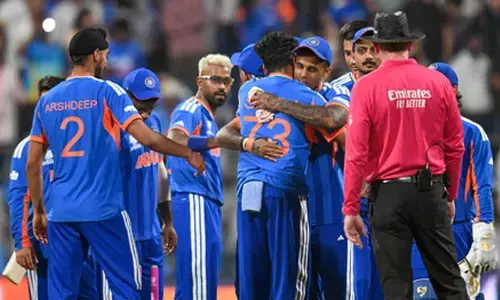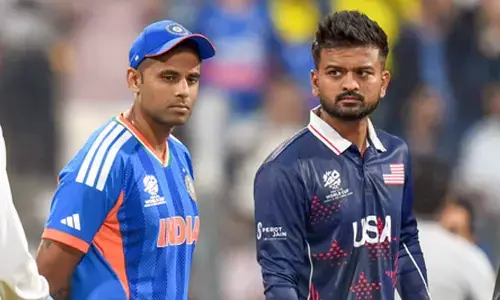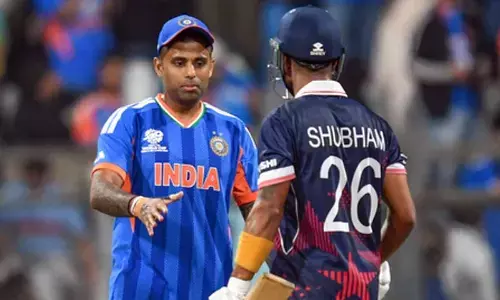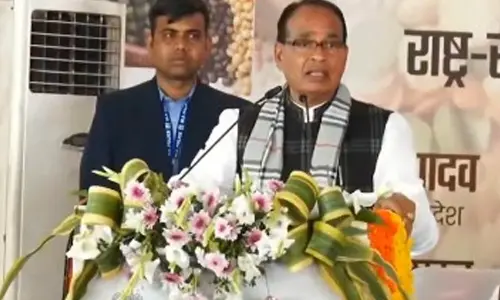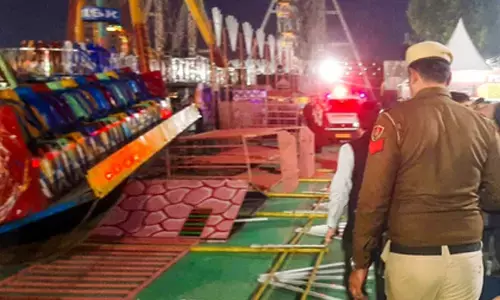Accelerating welfare measures for women
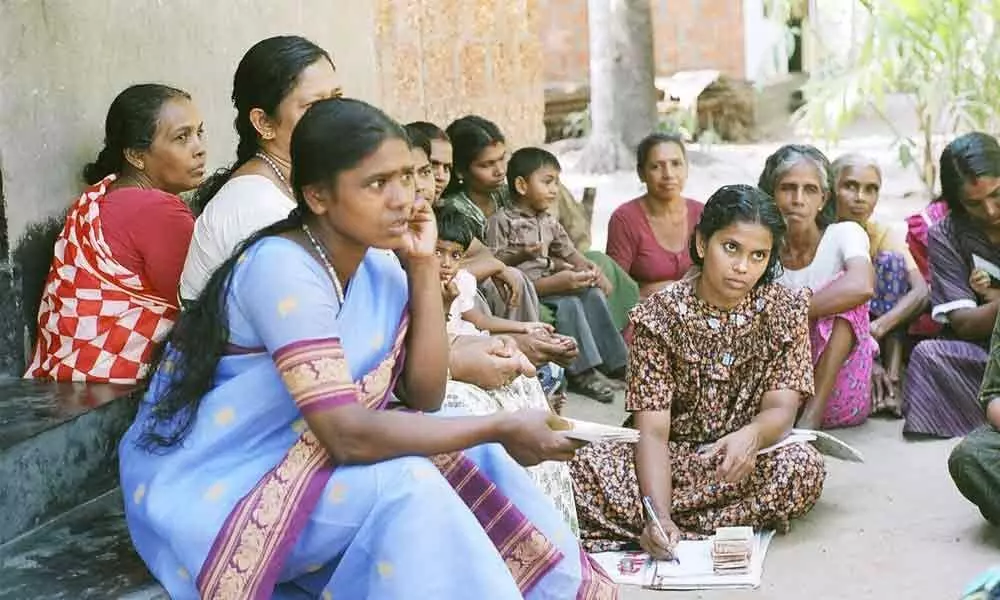
The attitude and disposition of our society towards women, especially in recent times, has been shocking, if not frightening.
The attitude and disposition of our society towards women, especially in recent times, has been shocking, if not frightening. In 2019 alone, there were several incidents in various states – from Kashmir to Kanyakumari – occurring in quick succession and casting serious doubts on the legitimacy of our claim to being a civilised society. Those heinous crimes involved abuse, and even killing, of women of all ages including schoolgirls.
For ages, men have continued to dominate societal and family life in India. While this situation is changing with increasing levels of female literacy and urbanisation, in the hinterlands men continue to dominate the social life.
Discrimination against the females begins when they are girls. Parents often don't send girls to school while boys in the family are provided access to education. Many who are sent to school are asked to dropout and help their mothers in household work. Parents spend time in grooming girls for becoming good wives and concentrate very little on providing them learning and knowledge.
Protecting the honour of women and making them feel secure are the primary reasons why the issues of female infanticide and selective abortion are being addressed with a sense of determination and purpose.
With the provisions in the Indian Penal Code (IPC) relating to rape, written by the British in the year 1860, having been found inadequate in light of the rot that has set in our milieu of late, the need was felt for putting in place new laws and responses to meet the challenge of hitherto unknown crimes. Therefore in 2013 the Nirbhaya Act came into force.
Discriminating against the female child is nothing new to the Indian way of living. Until the enactment of the Amendment to the Hindu Succession Act, which NTR brought in, the male child was the legal heir for all ancestral property. And according to Hindu custom the male child alone can perform the obsequies of departed parents.
This columnist, however, was brought up in a quite different ambience. Apparently his sister made a wry face upon being told, when he was born, that the new arrival was a boy. And he, himself, was the object of all-round appreciation when his first child turned out to be a daughter – after his elder sister had had two sons and his elder brother three.
This columnist also served as a member of the UNICEF constituted jury to determine the best state in the country in terms of encouraging production of TV stories espousing the cause of the welfare of the girl child. It was a truly revealing experience.
Despite their best efforts most of the Telugu TV channels could not produce stuff without violence or stereotyped insipid themes highlighting the plight of the girl child.
And the most they could offer by way of suggestions was to commend the ongoing programmes of the central or state governments – no original or innovative idea was forthcoming. Very indicative of the hypocrisy society in general practices while dealing with issues involving discrimination against women and children.
And, as long as 40 years ago, the central government put its foot in its mouth while trying to appear as a champion of the cause of women.
This was in connection with the allotment of lady IAS probationary officers to the cadres of different states in the country. The government came out with a rule that they would automatically get the state if their choice- clearly a legally indefensible arrangement though noble in its intention.
The unfortunate part is that, when the central government finally decided to take a definitive step in the direction of securing protection to the rights of women in the shape of a statute that provides for reservation for them in employment, the proposed enactment has got stuck for the last several years.
The government of Andhra Pradesh did it decades ago in government jobs and educational institutions.
According to United Nations, the sex ratio is defined as the number of males per 100 females. In India the ratio is calculated as number of females per 1000 males.
It declined to 896 in 2015-17 from 898 in 2014-16, according to a government survey. The data paints a worrying picture of a change in the demographic profile of the country.
India witnesses one of the highest female infanticide incidents in the world: A study titled "Female Infanticide Worldwide: The case for action by the UN Human Rights Council", has shown that at least 117 million girls around the world demographically go "missing" due to sex-selective abortions.
With the aim of changing the social attitude towards the girl children in India and uplifting their standing in society, a range of girl child welfare programmes have been initiated across India by the central and various state governments, which include – Beti Bachao Beti Padhao, Balika Samriddhi Yojana, Ladli Scheme of Haryana and West Bengal Kanyashree Prakalpa.
'Beti Bachao, Beti Padhao' is a central government initiative that celebrates the girl child and enables her education with 100% assistance.
Discrimination and neglect, the underlying workings of female discrimination are undoubtedly highly complex. However, a number of broad factors have been identified which together create a situation where sons are preferred and daughters suffer discrimination and neglect.
Gender discrimination begins even before a child is born - the horrifying practice of female foeticide – identifying the sex of the foetus and terminating it in case it's female – still exists in India.
While we have come a long way and this ill-practice is losing ground, there are still numerous families which consider the girl child as a "burden" and have no qualms in preventing their birth.
This stems from the mindset that the male child will go on to become a source of income from the family and will carry on the family lineage while the girl child will have to be ultimately married off to another family.
Education is an immensely powerful tool through which an individual can make it big in life. It is an enabler and an empowerment.
When children go to school they grow up into mature and responsible adults who can contribute better to their own and society's well-being. But it's a sad reality that girls in India are denied a chance at learning. This is a dysfunction in the Indian society which needs to stop now.
(The writer is former Chief Secretary, Government of Andhra Pradesh)









